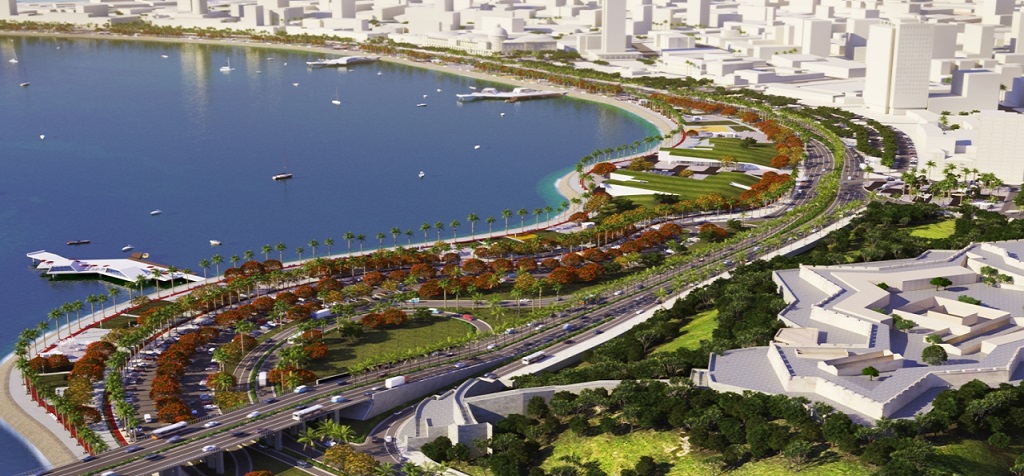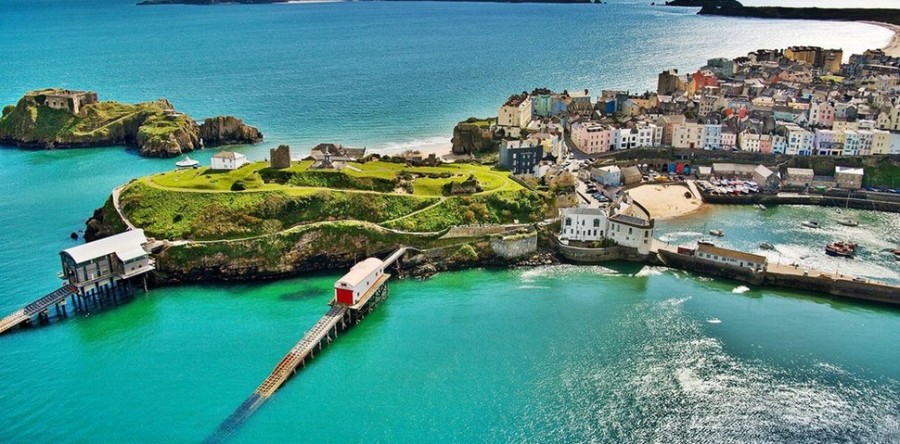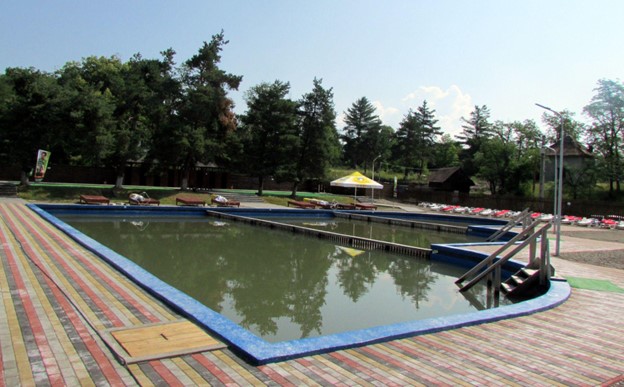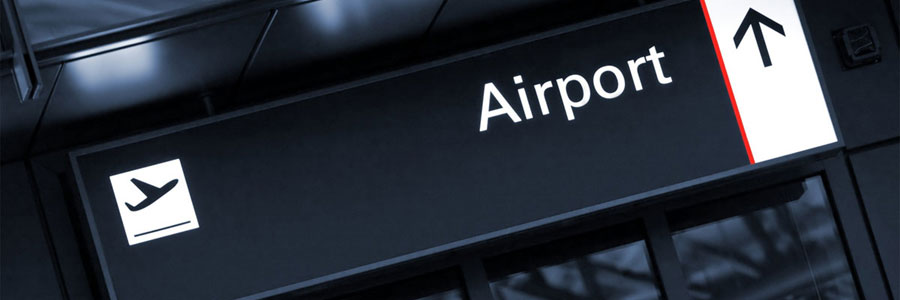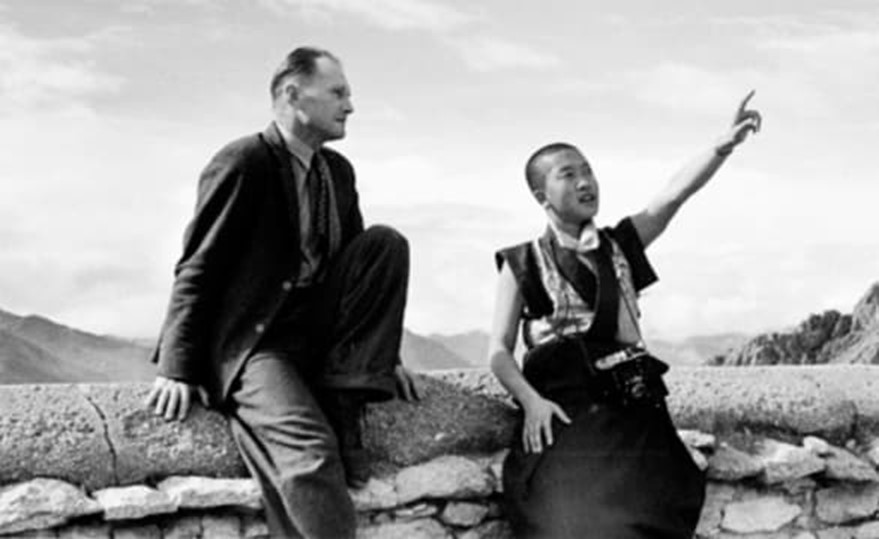When the Portugese explorer Diogo Cão sailed up the Congo in 1483, charged by King John II with the task of extending Portugal’s imperial influence beyond the equator, he became the first European to contact the Kingdom of Kongo, which took in the lands nowadays known as Angola, the Republic of Congo, the Democratic Republic of Congo and Gabon.
Thus was ushered in the long history of relations between Portugal, Britain, The Netherlands and the country that on 11 November 1975 eventually became the modern independent nation of the Republic of Angola. It is a long history, both glorious and shameful, noble and ignoble, fruitful and bloody: a history of settlement, trade, wars, alliances and slavery. It is a history that continues to inform the politics and culture of Angola to this day.
Angola having been created by Portugal (the outcome of fixed borders negotiated among several European powers at the Berlin Conference of 1855, after which Portugal and Britain invested heavily in agriculture, mining and railways), it may seem that it is a relatively young country; but its beginnings lie in the palaeolithic era, when the region was inhabited by the Khoi and San peoples, hunter-gatherer societies who were supplanted by Bantu incomers from northern areas between 1000 BC and 500 AD during one of the waves of Bantu migration that took place over several centuries.
The Kingdom of Kongo developed into the dominant political and economic entity from its inception in 1391 to 1891, when Portugal took over complete colonial administration of what was then called Portugese West Africa.
There was no serious call for liberation until the 1950s, when Portugal’s control of the country was felt to be a yoke around the Angolan people’s neck. This led to the War of Liberation of 1961-1974, followed by a traumatic period of decolonisation and a devastating civil war that only came to an end in 2002. But since then Angola has moved forward in many ways.
In this 40th anniversary year Angola is one of the world’s fastest-growing economies and emerging cities like Kilamba, Africa’s second-largest oil producer, a leading exporter of phosphates, iron ore and minerals, and offers travellers thrilling landscapes and golden Atlantic beaches.
Today the Republic of Angola stands as living proof of the energy and creativity of its great people.
